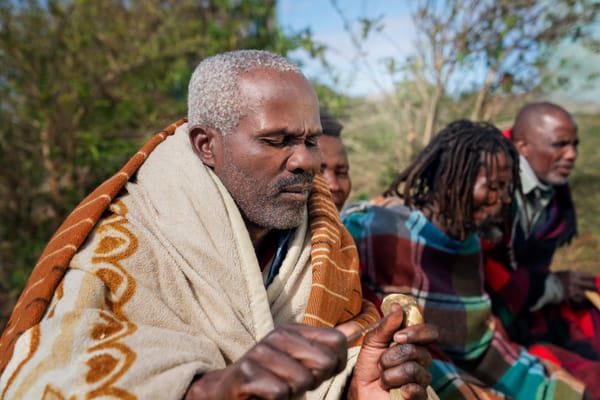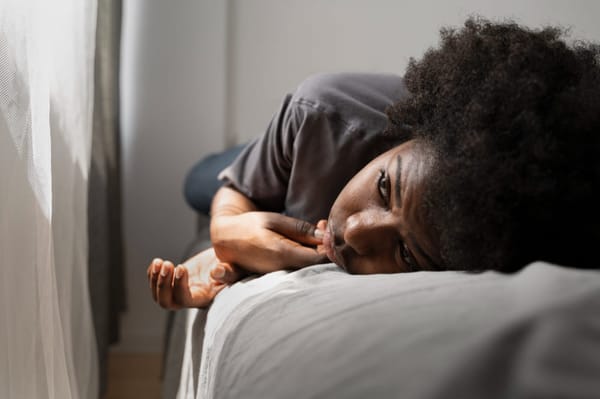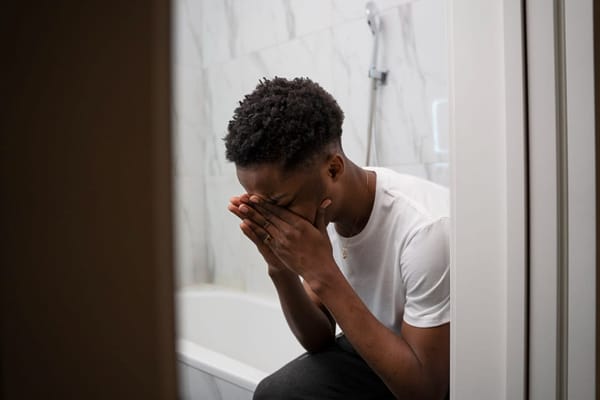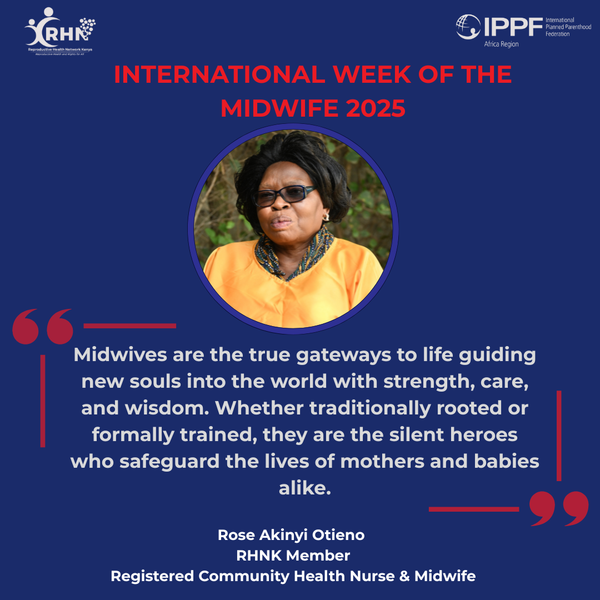When Silence Speaks Louder, the Missing Voices of Boys in SRHR
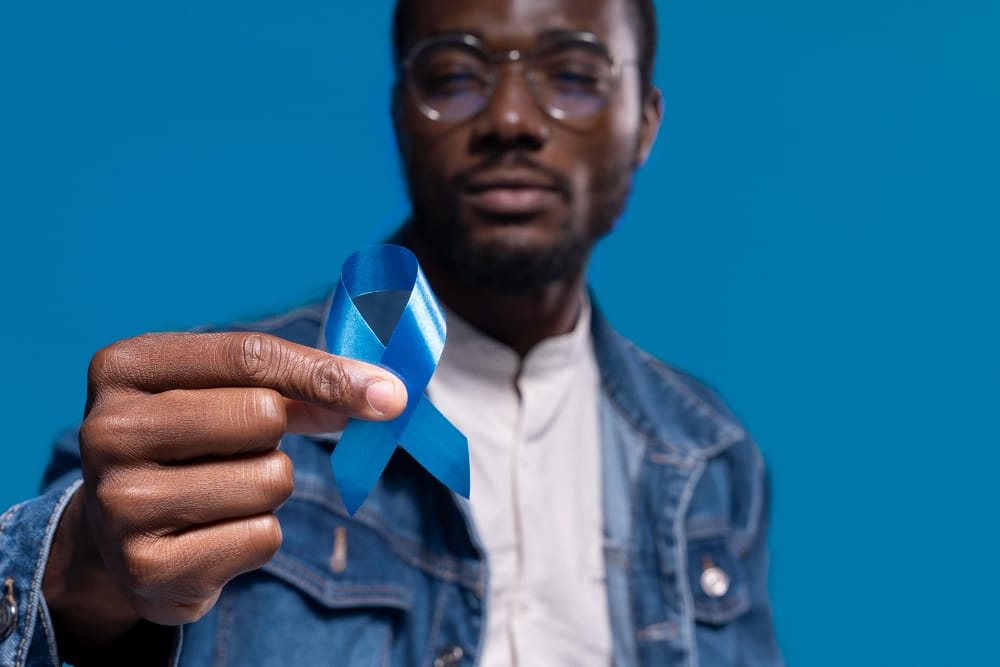
In a dusty schoolyard in rural Kajiado, I watched a group of teenage girls lean in as a facilitator explained how to use a sanitary pad. In the back row, three boys leaned on a windowsill, snickering quietly. Not one person turned to speak to them. That moment stayed with me because in SRHR conversations, boys are often seen but rarely heard.
On the occasion of Men’s Health Week, we must face an uncomfortable truth, boys and men remain largely excluded from sexual and reproductive health and rights programs. Despite the progressiveness of this field, its practice often overlooks a crucial population. This exclusion is not harmless. I’ve met boys who think HIV is the only STI. I’ve heard others say consent is only for girls. These beliefs are not random; they are the result of silence, stigma, and a lack of intentional engagement.
I understand why SRHR efforts have historically focused on girls. The challenges they face early pregnancy, female genital mutilation, sexual violence, and school dropout are severe and urgent. Prioritizing girls was and remains necessary. However, in doing so, we may have inadvertently sent a message that boys are either not vulnerable or not worthy of the same level of attention. The truth is, they are.
I once spoke to a 19-year-old boy during a youth clinic outreach who didn’t know how to use a condom properly. He thought it was reusable. He didn’t know what consent meant and assumed it only applied when someone said no loudly. That interaction, like many others, reminded me how often boys are left to figure things out on their own, misguided by peers, online myths, or not at all.
The problem goes deeper than knowledge gaps. It’s rooted in how we raise boys. Cultural expectations teach them to be stoic, dominant, and emotionally distant. They’re taught that seeking help is weakness, that emotions are feminine, and that leadership means power, not care. So, they grow up with silent questions, private fears, and an inability to ask for help even when their health is on the line.
The statistics speak to this reality. UNESCO reports that less than half of adolescent boys in Sub-Saharan Africa receive comprehensive SRHR education. In Kenya, STIs among men under 30 continue to rise, often untreated due to shame, poor service access, and a lack of male-friendly clinics. These aren’t just data points—they’re the stories of boys who could have made better choices if someone had simply spoken to them.
At Reproductive Health Network Kenya, we believe every person, regardless of gender, deserves the knowledge, services, and support to make informed reproductive choices. Our youth programs, digital outreach, and community initiatives are already reshaping how SRHR is delivered. But more must be done.
We must train and deploy male youth peer providers who can talk to boys about real issues porn myths, masculinity, consent, contraception, and mental health. Our clinics must become places where boys feel seen, safe, and understood. Our policies must center male inclusion from the start, not as a footnote but as a principle.
Inclusion means that every boy, in or out of school, has access to sexuality education that respects his dignity and addresses his needs. It means services that invite, not shame, boys. It means challenging the community attitudes that tell boys to stay silent and strong instead of open and informed. SRHR should now recognize boys as having rights, apart from any other identity.
When we center boys in SRHR, we are not derailing the gender equality movement we are fortifying it. An informed boy becomes a man who supports women’s rights, respects boundaries, and raises children differently. When boys are educated and empowered, SRHR becomes a universal standard, not a gendered exception.
That day in Kajiado, those boys on the windowsill said nothing, but their silence was louder than any voice in the room. This Men’s Health Week, let us not only ask, “Where are the boys?” Let us ask, “How are we bringing them in?”
By Anthony Akollo, RHNK Youth Advocate
